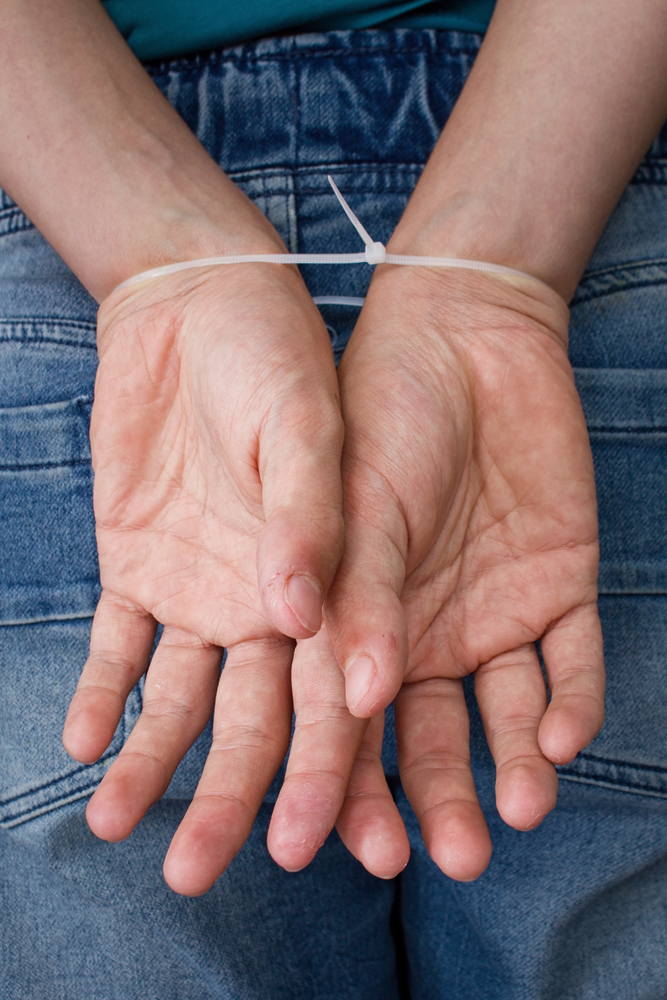Additionally, alcohol can also cause nystagmus, characterized by involuntary eye movements that can lead to distorted or shaky vision. These effects are typically temporary and subside as the alcohol is metabolized by the body. Your risk of developing cataracts and age-related macular degeneration (AMD) also significantly increases as you drink more. Studies have shown that cataracts typically develop after the age of 55 in most adults, although heavy drinking can cause them to occur earlier.
What are Alcoholic Eyes?
- Dehydration is known to cause a wide range of symptoms, including headaches, fatigue, dizziness, and dry mouth.
- In conclusion, blurry vision after drinking alcohol can be a problematic and distressing issue.
- There are several factors that contribute to this blurriness, including the effect of alcohol on the eyes, on the brain, and on the body as a whole.
- Please also note that at times, for us to refer you to an appropriate service we may need to share your data with a third-party, such as a rehab providers that we work with.
- Similarly, the pupils might not constrict or dilate at the necessary speed in response to changes in light, leading to the potential blurring of vision.
Research has shown that alcohol consumption can temporarily affect colour vision, making it more difficult to distinguish between certain hues. Prevention may be the best way to improve a person’s outlook for their eyes and other aspects of mental and physical health in relation to alcohol. However, if your double vision doesn’t go away once you have sobered up, it may indicate a more serious issue in the eye. Rapid eye movements while awake, however, are a rare and unusual occurrence.
Short-Term Effects of Alcohol on Eyes
Higher alcohol intake can lead to optic neuropathy, an ocular condition where the optic nerve is damaged, leading to vision loss or scotoma. Tobacco-alcohol optic neuropathy, also known as tobacco-alcohol amblyopia, is common in heavy alcohol drinkers and can be irreversible depending on the nerve damage. Regular alcohol use can cause permanent double or blurred vision while also impairing a person’s ability to perceive colors and light.

Check out our addiction recovery blog to learn more about substance use disorders and how to get effective treatment.
Alcohol affects the brain’s ability to process visual information accurately and quickly. This can lead to difficulty focusing and blurred vision, which can persist for several hours after drinking. Research has linked alcoholism to an increased risk of developing macular degeneration and optic neuropathy, diseases that can lead to blindness if left untreated. A person who experiences vision issues should see an ophthalmologist — a doctor specializing in eye care. The doctor can help diagnose an underlying condition and provide appropriate treatment. This article reviews how alcohol can affect vision, the possible short- and long-term effects, treatments, and alcoholism symptoms more.

Another possible cause of blurry vision after drinking alcohol is changes in blood pressure. Alcohol can cause blood vessels to expand and dilate, which can lead to fluctuations in blood pressure. These changes in blood pressure can affect the blood vessels in the eyes, causing them to constrict or dilate. When alcohol is consumed in large quantities, it can cause the blood vessels in the eyes to dilate, leading to a temporary increase in intraocular pressure. This increase in pressure can cause blurred vision, as the shape of the eyeball is temporarily altered.
Furthermore, alcohol consumption can also lead to changes in blood pressure levels. Fluctuations in blood pressure can affect the blood vessels in the eyes, leading to changes in vision. High blood pressure can cause the blood vessels to constrict, reducing blood flow to the eyes and resulting in blurry vision. On the other hand, low blood pressure can cause the blood vessels to dilate, leading to similar visual disturbances.
We Provide Outpatient Detox & Treatment for Many Substances
If the blurriness persists or is accompanied by other concerning symptoms, it is important to consult a healthcare professional for further evaluation. If these symptoms arise, coupled with a pattern of excessive drinking, it may signal an alcohol use disorder. Seeking medical care is crucial to address https://www.papscigarco.com/sober-living/mfat-updates-fiji-travel-warning-after-suspected/ the negative effects and potentially prevent long-term damage to eye health and other systems in the body. To prevent the temporary blurriness often experienced after drinking, it is advisable to consume alcohol in moderation. Limiting alcohol intake and staying hydrated can help minimize the impact on the visual system. Additionally, taking breaks between alcoholic drinks and ensuring a balanced diet can also contribute to reducing the risk of experiencing blurry vision.
In addition to blurry vision hangover these immediate effects, chronic dehydration from regular heavy drinking can lead to longer-term eye health problems. Therefore, it is crucial to maintain adequate hydration, especially when consuming alcohol. This effect, typically temporary, can become persistent with frequent and chronic alcohol consumption.

These include worsening mental health, changes in behavior, turning to drugs or alcohol to “cope” with stress, and having withdrawal symptoms whenever you are not using or drinking. Puffy eyes are characterized by swelling underneath the eyes, on the eyelids, or both. If you are wondering how to get rid of puffy eyes after drinking, you can try applying a cold compress to your eyes to help the swelling subside.
Drunk eyes often look red, glassy, and tired, while normal eyes appear bright, focused, and clear. Comparing side-by-side images can show how alcohol changes the appearance and function of the eyes. It’s easy to spot the difference between drunk eyes and normal eyes, especially when someone has had too much to drink.
Alcohol causes blood vessels in the eyes to dilate, resulting in increased blood flow to the eye area and leading to bloodshot eyes. This condition is characterised by dry, irritated, and painful eyes, and it can be a sign of more serious complications such as high blood pressure, diabetes, and addiction. To conclude, blurry vision after drinking alcohol is a common side effect that can be attributed to the effect of alcohol on the eyes, brain, and body as a whole. Dilated blood vessels, impaired brain function, decreased sensitivity to light, and dehydration are all factors that can contribute to this phenomenon. It is important to consume alcohol in moderation and be aware of the potential effects on vision and overall health.
0 Comments